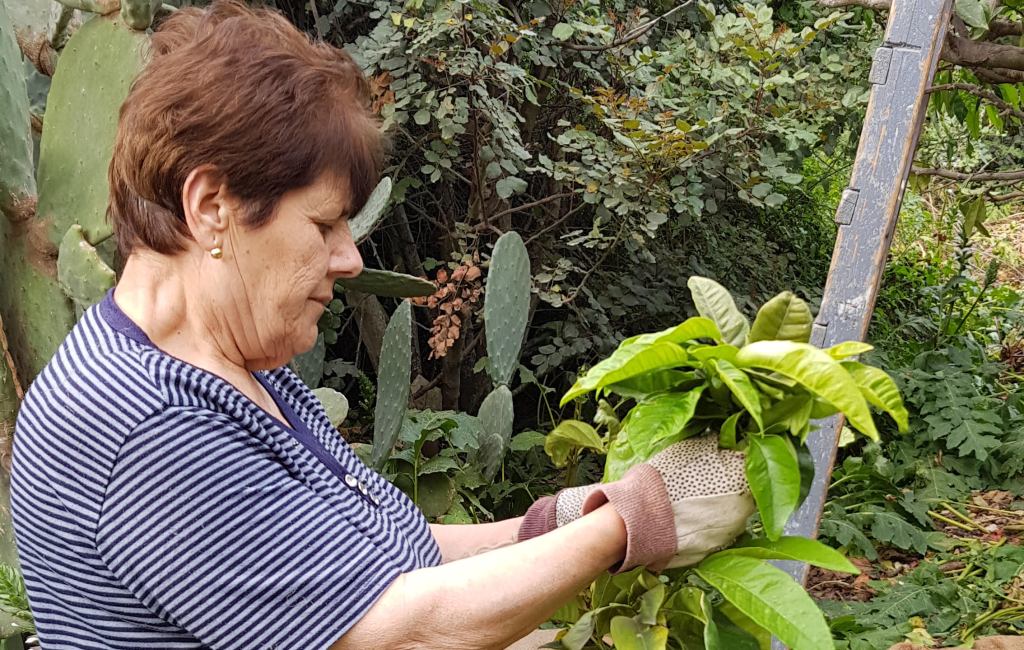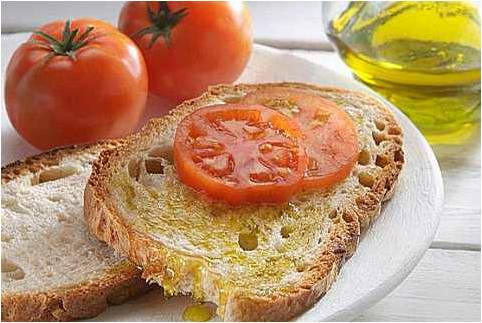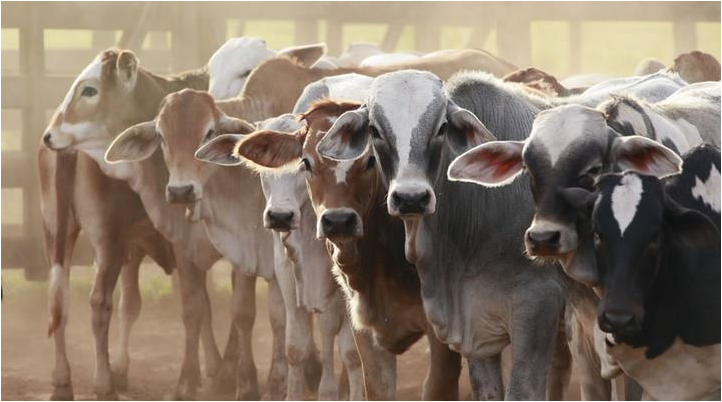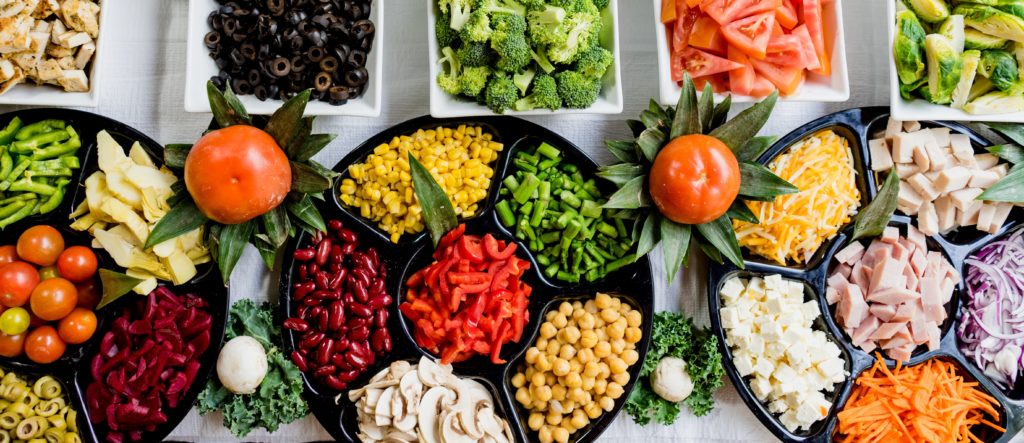
Created by Slow Food International and Slow Food Italy, the Slow Food Foundation for Biodiversity is the operational body for the protection of food biodiversity.
Inaugurated in Florence in 2003 with contribution from the Tuscany Regional Authority, it coordinates and promotes Slow Food’s projects to protect food biodiversity across the world: Presidia, Ark of Taste, gardens in Africa, Slow Food Chefs’ Alliance and Earth Markets.
The Slow Food Foundation has its own statute, budget, Board of Directors, and operational office. Every year it publishes the Social Report, which provides a detailed outline of the activities carried out, as well as the source and use of funds.
Active in over 100 countries, the Foundation involves thousands of small-scale producers in its projects, providing technical assistance, training, producer exchanges and communication.
Furthermore, it provides technical tools for various projects (guidelines, production protocols, manuals, etc.), explores the themes related to these projects (sustainable agriculture, raw milk, small-scale fishing, animal welfare, seeds, GMOs, etc.), and communicates ideas and activities related to biodiversity through Slow Food’s training and communication activities.
https://www.fondazioneslowfood.com/en/
- Teacher: Student Student
- Teacher: Admin User





